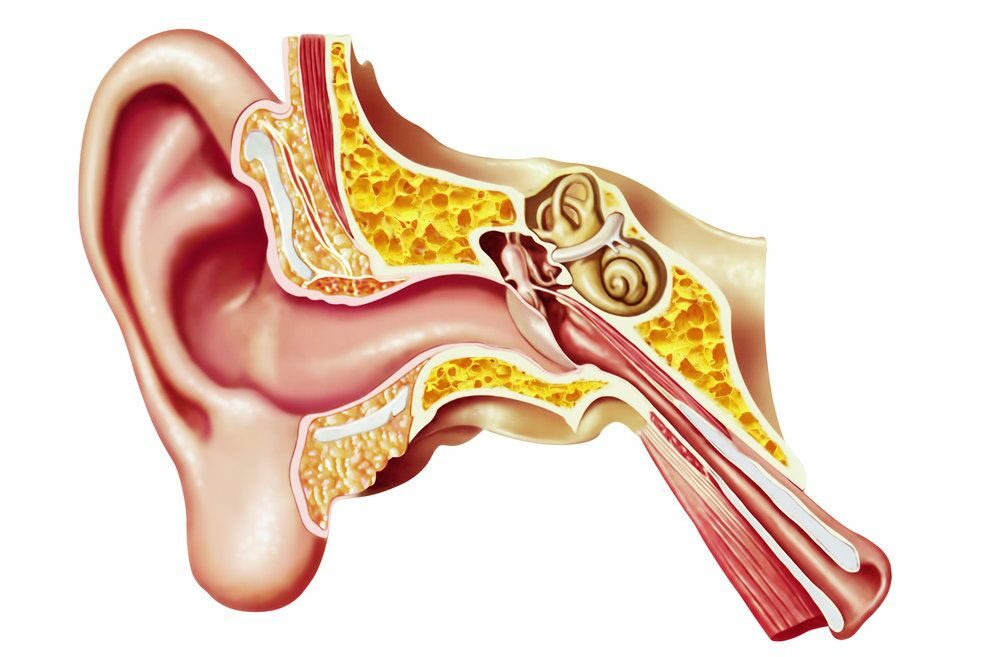Have Any Questions?
+91 77 9849 9977
Visit Us At
103, Shivom Regency, Baner Rd, Pune
+91 77 9849 9977
103, Shivom Regency, Baner Rd, Pune
Vestibular neuritis is a disorder that affects the nerve of the inner ear called the vestibulocochlear nerve. This nerve sends balance and head position information from the inner ear to the brain. When this nerve becomes swollen (inflamed), it disrupts the way the information would normally be interpreted by the brain.
Vestibular neuritis can occur in people of all ages, but is rarely reported in children.
The vestibulocochlear nerve sends balance and head position information from the inner ear (see left box) to the brain. When the nerve becomes swollen (right box), the brain can’t interpret the information correctly. This results in a person experiencing such symptoms as dizziness and vertigo.


Symptoms include:
Vestibular neuritis and labyrinthitis are closely related disorders. Vestibular neuritis involves swelling of a branch of the vestibulocochlear nerve (the vestibular portion) that affects balance. Labyrinthitis involves the swelling of both branches of the vestibulocochlear nerve (the vestibular portion and the cochlear portion) that affects balance and hearing. The symptoms of labyrinthitis are the same as vestibular neuritis plus the additional symptoms of tinnitus (ringing in the ears) and/or hearing loss.
Generally, the most severe symptoms (severe vertigo and dizziness) only last a couple of days, but while present, make it extremely difficult to perform routine activities of daily living. After the severe symptoms lessen, most patients make a slow, but full recovery over the next several weeks (approximately three weeks). However, some patients can experience balance and dizziness problems that can last for several months.
Researchers think the most likely cause is a viral infection of the inner ear, swelling around the vestibulocochlear nerve (caused by a virus), or a viral infection that has occurred somewhere else in the body. Some examples of viral infections in other areas of the body include herpes virus (causes cold sores, shingles, chickenpox), measles, flu, mumps, hepatitis and polio. (Genital herpes is not a cause of vestibular neuritis.)
In most patients, a diagnosis of vestibular neuritis can be made with an office visit to a vestibular specialist. These specialists include an otologist (ear doctor) or neurotologist (doctor who specializes in the nervous system related to the ear). Referral to an audiologist (hearing and vestibular [balance] clinician) may be made to perform tests to further evaluate hearing and vestibular damage. Tests to help determine if symptoms might be caused by vestibular neuritis include hearing tests, vestibular (balance) tests and a test to determine if a portion of the vestibulocochlear nerve has been damaged. Another specific test, called a head impulse test, examines how difficult it is to maintain focus on objects during rapid head movements. The presence of nystagmus, which is uncontrollable rapid eye movement, is a sign of vestibular neuritis.
If symptoms continue beyond a few weeks or become worse, other tests are performed to determine if other illnesses or diseases are causing the same symptoms. Some of these other possible health conditions include stroke, head injury, brain tumor, and migraine headache. To rule out some of the disorders of the brain, an MRI with dye (called a contrast agent) may be ordered.

Mail Your Resume At : drpriyankaneuro13@gmail.com